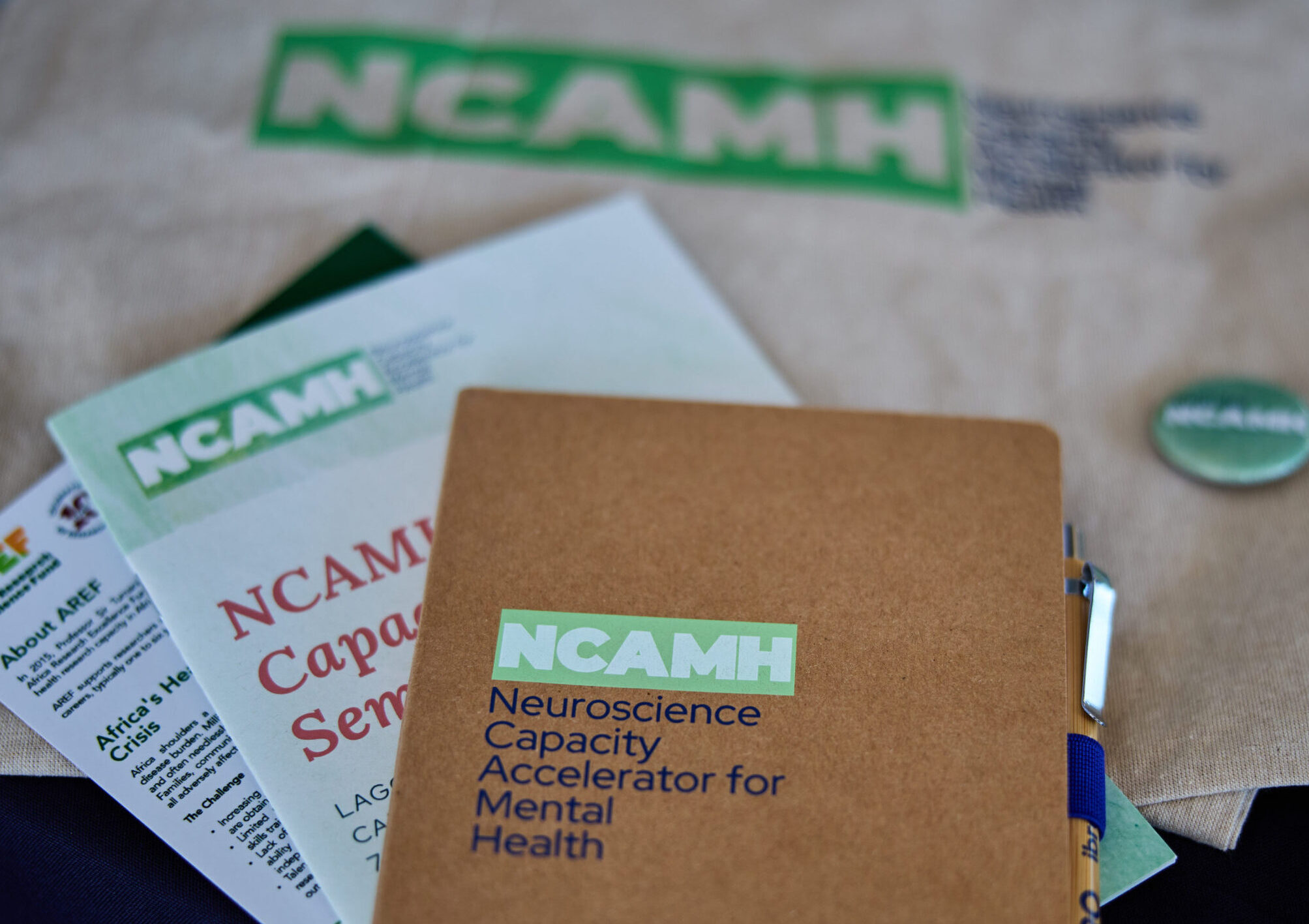The stress response in vertebrates is one of the mechanisms that ensures animals can adapt their metabolic energy, physiological functions, and behavior when facing a potentially dangerous stimulus for survival. This response is highly demanding for the individual; therefore, both the response and subsequent recovery creates a high metabolic cost for the individual. The higher the cost an organism accumulates, the harder it is for it to return to the level of homeostatic balance, and the more harmful the effects of stress response will be. For these reasons, chronic stress in humans is associated with multiple health problems such as a high risk of heart disease, immune system depression, metabolic disturbances, depression, among others. In addition, events of intense acute stress, or moderate but also chronic stress, can be associated with emotional and psychiatric disorders such as anxiety, depression, post-traumatic stress disorder, episodes of psychosis, and addictions.
Post-traumatic stress disorder involves the dysregulation of emotional and stress responses to triggering events that reactivate the experience of a previous traumatic event. These moments are accompanied by vivid memories of the trauma, and individuals often show an increased overall alertness and avoidance of places and relationships that may trigger post-traumatic stress episodes, leading to increasing social isolation. There is often comorbidity with other disorders such as depression and panic. In rodent models, it has been observed that different modalities of chronic and acute stress can enhance the expression of fear-associated responses in conditioned fear paradigms, constituting a robust model to study the neurobiological mechanisms underlying this disorder .
The goal of our lab is to understand how different stressful experiences during development, particularly in the adolescent phase, can alter neuronal organization to produce lifelong changes in behavior and physiological functions, and how these changes can lead to vulnerability or resilience, especially in behaviors associated with psychiatric disorders such as post-traumatic stress.


COMPETITIVE RESEARCH FUNDS
- 2023. International Society for Neurochemistry – Committee for Aid and Education in Neurochemistry – Fondos para retorno al país de origen. Adolescent mechanisms of stress resilience. PI.
- 2023. Agencia Nacional de Promoción Científica (FONCYT)- Programa RAICES, Fondos de repatriación.
- 2023-2025. Agencia Nacional de Promoción Científica (FONCYT)- PICT 2021-I-INVI 00146. Neurobiología del impacto del estrés en distintas etapas del desarrollo: Hacia las bases celulares y moleculares del Trastorno de Estrés Postraumático. PI.
- 2016-2020. Agencia Nacional de Promoción Científica (FONCYT)- Convocatoria PICT D 2015. Aprendizaje contextual en la infancia en el modelo animal de rata: un análisis conductual, farmacológico y neurobiológico – Group: Carlos Arias and Evelin Cotella.
- 2015. International Society for Neurochemistry – Committee for Aid and Education in Neurochemistry – Study of the Vulnerability of Chronic Variable Stress during Adolescence and its Long-Term Effect as a Proposal for The Generation of a Phenotype that Models Post-Traumatic Stress Disorder in Adulthood. PI.
PUBLICATIONS (LATEST FIVE YEARS)
- Gonzalez, L. Sofia; Fisher, Austen A.; D’Souza Shane P.; Cotella, Evelin M.; Lang, Richard A.; Robinson, J Elliott (2023) “Ventral striatal dopamine encodes unique properties of visual stimuli in mice” eLife 12:e85064.
- Cotella, Evelin M.; Nawreen, Nawshaba; Moloney, Rachel D.; Martelle, Susan E.; Oshima, Kristen O.; Lemen, Paige; NiBlack, Jorndan N.; R. “Julakanti, Reetu R. Fitzgerald, Mauree; Baccei, Mark L.; Herman, James P. (2022) Adolescent Stress Confers Resilience to Traumatic Stress Later in Life: Role of the Prefrontal Cortex”. Biological Psychiatry: Global Open Science 8;3(2):274-282
- Susan E. Martelle, Evelin M. Cotella*, Nawshaba Nawreen, Carrie Chen, Benjamin A. Packard, Maureen Fitzgerald, and James P. Herman (2021) “Prefrontal Cortex PACAP Signaling: Organization and Role in Stress Regulation” Stress, 24:2, 196-205 *co-first author
- Herman, J.P., Nawreen, N., Smail, M.A., Cotella, E.M, (2020) “Brain mechanisms of HPA axis regulation: neurocircuitry and feedback in context Richard Kvetnansky lecture Brain mechanisms of HPA axis regulation : neurocircuitry and feedback in context Richard Kvetnansky lecture.” Stress 23, 617–632.
- Cotella, Evelin M.; Morano Rachel L.; Wulsin Aynara C.; Martelle, Susan; Moloney, Rachel D.; Lemen, Paige; Fitzgerald, Maureen; Packard, Benjamin A. Herman, James P. (2020) “Lasting Impact of Chronic Adolescent Stress and Glucocorticoid Receptor Selective Modulation in Male and Female Rats” Psychoneuroendocrinology Feb;112:104490.
- Nawreen, Nawshaba; Cotella, Evelin M.; Morano, Rachel L; Mahbod, Parinaz.; Dalal, Khushali; Fitzgerald, Maureen; Martelle, Susan; Packard, Benjamin A.; Franco-Villanueva, A.; Moloney, Rachel D.; Herman; James P (2020) “Chemogenetic Inhibition of Infralimbic Prefrontal Cortex GABA-ergic Parvalbumin-positive Interneurons Attenuates Chronic Stress Adaptions in Male Mice” eNeuro 7.
- Scheimann Jessie R.; Moloney Rachel D.; Mahbod Parinaz; Morano Rachel L.; Fitzgerald Maureen; Hoskins Olivia; Packard Benjamin A.; Cotella Evelin M.; Hu Yueh C.; Herman James P. (2019) “Conditional deletion of glucocorticoid receptors in rat brain results in sex-specific deficits in fear and coping behaviors” eLife 8:e44672.
- Cotella, Evelin M.; Scarponi Gomez, Antonela; Lemen, Paige; Chen, Carrie; Fernández, Guillermo; Hansen, Christian; Herman, James P.; Paglini, M. Gabriela (2019) “Long-Term Impact of Chronic Variable Stress in Adolescence versus Adulthood” Progress in Neuropharmacology and Biological Psychiatry 88: 303-310
- Complete and updated list available here.
TEAM









